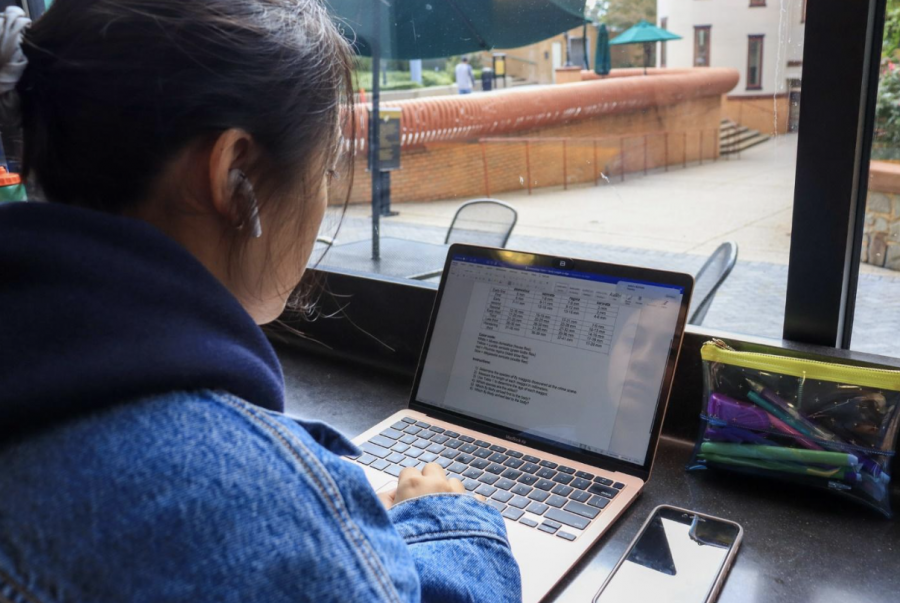With a high number of new students, a quarter of which are the first of their families to go to college, the pressure to succeed is high. While most students find ways to adapt quickly to new surroundings, those who don’t could potentially suffer a decline in their mental health.
Dr. Enrique Gelpí, a child psychologist at San Jorge Children’s Hospital said, “The transition to university life includes multiple social, academic, and adaptive variables that, when all of them are added together, increase the risk of experiencing stress and even developing other emotional conditions. The demands of a more independent life, the increase in the need for an academic discipline and more effective learning processes, the use of proper time management and organization, economic factors, and loneliness … are part of those dynamics that can challenge the emotional health of students new to university.”
The adaptation process can be difficult for freshmen who enter college with big dreams and high uncertainties. The process can be even harder for freshmen student-athletes, who need to manage their time between school, practices, and their social lives.
“If we add the variable of being a college athlete, the demand on your emotional health and the stress you may feel is even more significant,” Gelpí said. “Even the athlete is added, not only the pressure to succeed in the classroom, but also the need to execute in the game in a way that justifies his permanence in the team or to continue receiving the scholarships he has earned.”
Academic and social pressures lead to students seeking help. But even without such a large freshman class, campus resources such as the Counseling Center struggle to manage the number of students who request their help.
“I went to the counseling center as a freshman. They make it easy for you to schedule an appointment. However, when I came in, their availability was already pretty stretched, so I had to wait 4 weeks before I could meet with a therapist,” said Alexander Valencia ‘25.
High levels of pressure and a lack of a strong support system can result in students deciding to transfer or drop out of college. Michael Puma, the former Director of Messina, and current Dean of Undergraduate Studies at Loyola has seen these patterns since last year.
“I think mental health awareness has been on the increase over the last five or ten years. I think Covid has exacerbated this because students have been at home for so long during online courses and being in person again can sometimes create more social anxiety, and homesickness, loss of social support can be another,” Puma said.
While there has been an increase in the dangers of mental health problems in students, the class of 2026 is not the first one to struggle with such issues. Jorge Quintana remembers dealing with such issues and had found ways to cope with them.
“When we started moving in, I felt lonely at first because in my family, I was the first moving out to the United States. But slowly, I got to meet new friends,” said Jorge Quintana ‘25.
Quintana, who is also a student-athlete, spoke about his struggles in the first semester as a freshman. Over time, he has found ways to manage his time between practices, classes, and his social life, with changing schedules, assistance from the Study, and more.
“My advice is to just try to manage your time wisely. Don’t procrastinate, use the study hall because they can really help you out if you need it, whether you’re a student athlete or not,” Quintana added.
Even with the threat of mental health problems arising in college students, the Loyola administration continues to work in helping incoming students to adapt and flourish in the community.
All available resources can be found on the official Loyola website.
Featured Image Courtesy of Enrique Muchacho














































































































